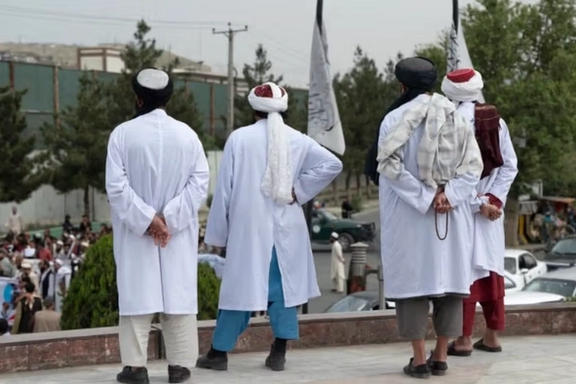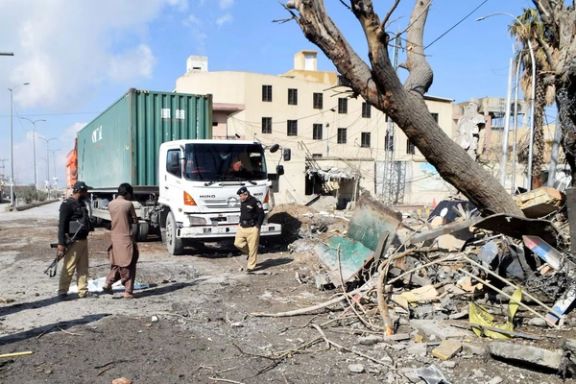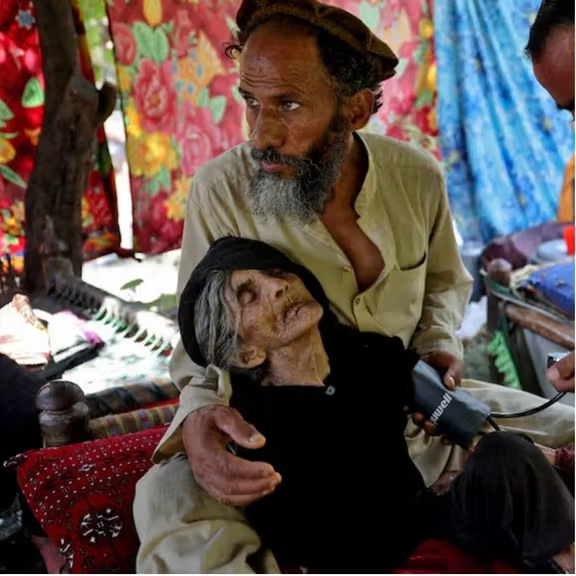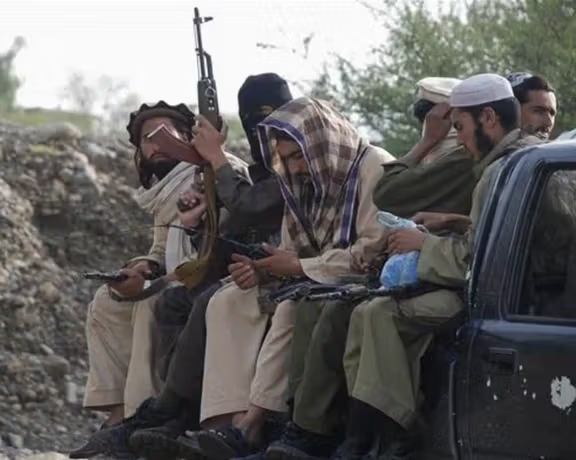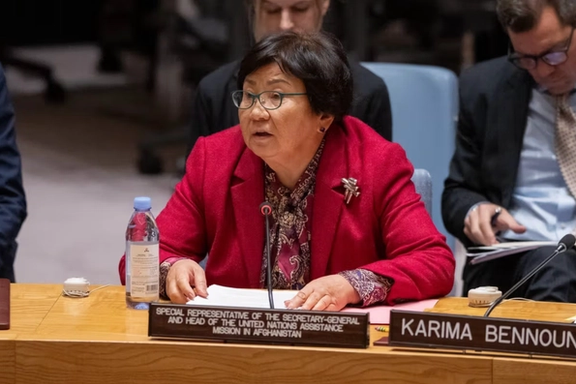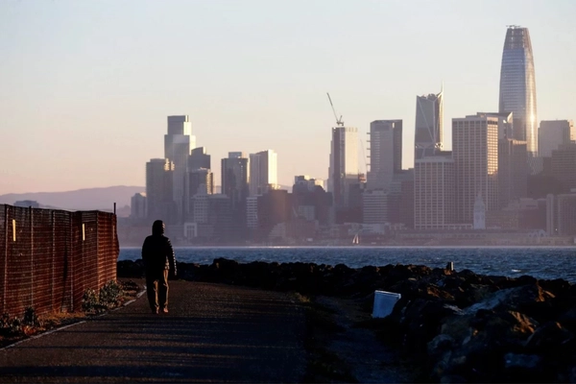Residents of Nurgal district said that many people are still buried beneath collapsed homes. An elderly man told the Guardian that People have lost their homes and don’t even have utensils to cook with. They also need more doctors; medical and rescue teams are very few, and people are still under the rubble.
According to Taliban authorities, the earthquake killed more than 2,200 people. In Nurgal alone, over 1,000 people died and more than 5,700 homes were destroyed.
Survivors in quake-hit villages say they still lack food, tents and medical care because of difficult terrain and shrinking international aid.
Another woman, who said she lost more than 30 relatives, added that she lost her husband, sons and grandchildren. "All I have left is a piece of cloth. I don’t even have money to buy a single paracetamol tablet,” she added.
Aid agencies say women face particular barriers to treatment in conservative Kunar, where many cannot seek help from male health workers. International organisations also cite access challenges and a sharp drop in funding, much of it linked to foreign donors cutting support over the Taliban’s restrictions on women.
Since February 2025, 422 health centres across Afghanistan have closed due to funding cuts, including 80 in the east, 15 in Kunar and 29 in Nangarhar, leaving survivors more vulnerable.
the Norwegian Refugee Council said in a statement that the situation on the ground is critical, and entire quake-hit areas need urgent assistance. Funding shortages have limited the speed and scale of the humanitarian response.
The group said some families in Kunar are living in overcrowded tents sheltering up to 100 women and children, without clean water or sanitation.
The International Organization for Migration said budget cuts have reduced its presence in affected areas, with most aid being sent from Kabul, causing delays and higher costs.
The World Health Organization and other agencies have deployed mobile teams and ambulances, but access to remote villages remains nearly impossible.
The UN humanitarian coordination office said 25 inter-agency teams have reached some districts, though access remains restricted and poor weather has slowed relief. The UN has allocated $10 million in emergency funding, but aid officials warn it will cover only a fraction of the needs.
